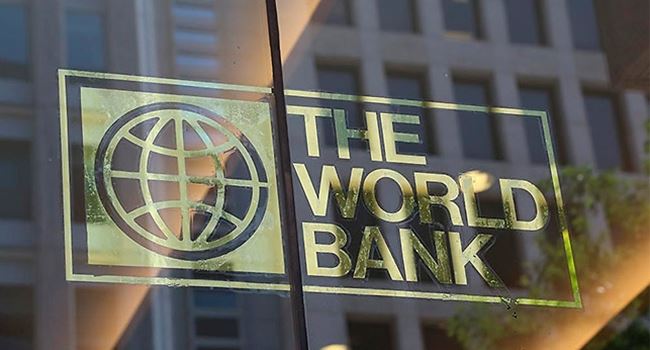News
World Bank predicts insecurity will affect six Nigerian states in 2024.

The World Bank has predicted that persistent insecurity, armed conflict, and deteriorating livelihoods will continue to affect local government areas in Borno, Kaduna, Katsina, Sokoto, Yobe, Zamfara states, and the far north of Adamawa State in Nigeria until May 2024.
According to the global bank, which noted that poor macroeconomic conditions were restricting access to agricultural inputs in the country, this is set to affect cereal production in the country.
The World Bank revealed this in its latest ‘Food Security Update.’
The bank further estimated cereal production for the 2023/24 crop year is expected to be 76.5 million tons in West and Central Africa, which is a two per cent decrease from the previous season, but a three per cent rise from the average for the last five years.
Chad, Mali, Niger, and Nigeria are expected to contribute the most to this decline.
“Projections indicate a decline in production from last year in Chad, Mali, Niger, and Nigeria. This decrease is attributed to dry spells during the growing season and insecurity that limited access to cropland in Chad, Mali, and Niger and to poor macroeconomic conditions that have restricted access to agricultural inputs in Nigeria”, the World Bank said.
READ ALSO:World Bank projects Nigeria’s subsidy savings to hit N11tr by 2025
It added: “Over the same period (November to May 2024), Crisis (IPC Phase 3) conditions, mainly caused by persistent insecurity and armed conflict, and deteriorating livelihoods, are projected to affect the following regions:
“Nigeria: Local government areas in Borno, Kaduna, Katsina, Sokoto, Yobe, Zamfara states, and the far north of Adamawa state.”
“The other places this will affect include places in Burkina Faso, Cameroon, Chad, Mali, and Niger.”
The World Bank further noted that between August and November, many low- and middle-income countries were battling with high inflation.
“Information from the latest month between August and November 2023 for which food price inflation data are available shows high inflation in many low- and middle-income countries, with inflation higher than 5 per cent in 61.9 per cent of low-income countries (no change since the last update two weeks ago), 76.1 per cent of lower-middle-income countries (3.9-percentage-point decrease), 50.0 per cent of upper-middle-income countries (no change), and 57.4 per cent of high-income countries (2.6-percentage point decrease).”
It also noted that the most-affected countries were in Africa, North America, Latin America, South Asia, Europe, and Central Asia. It further highlighted that in real terms, food price inflation has exceeded overall inflation 74 per cent in 167 countries.
Join the conversation
Support Ripples Nigeria, hold up solutions journalism
Balanced, fearless journalism driven by data comes at huge financial costs.
As a media platform, we hold leadership accountable and will not trade the right to press freedom and free speech for a piece of cake.
If you like what we do, and are ready to uphold solutions journalism, kindly donate to the Ripples Nigeria cause.
Your support would help to ensure that citizens and institutions continue to have free access to credible and reliable information for societal development.






















